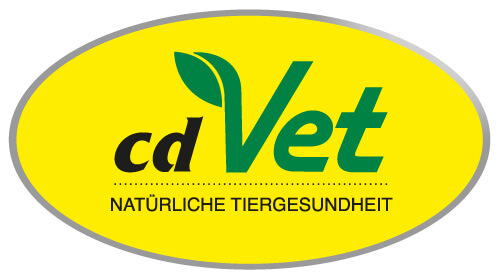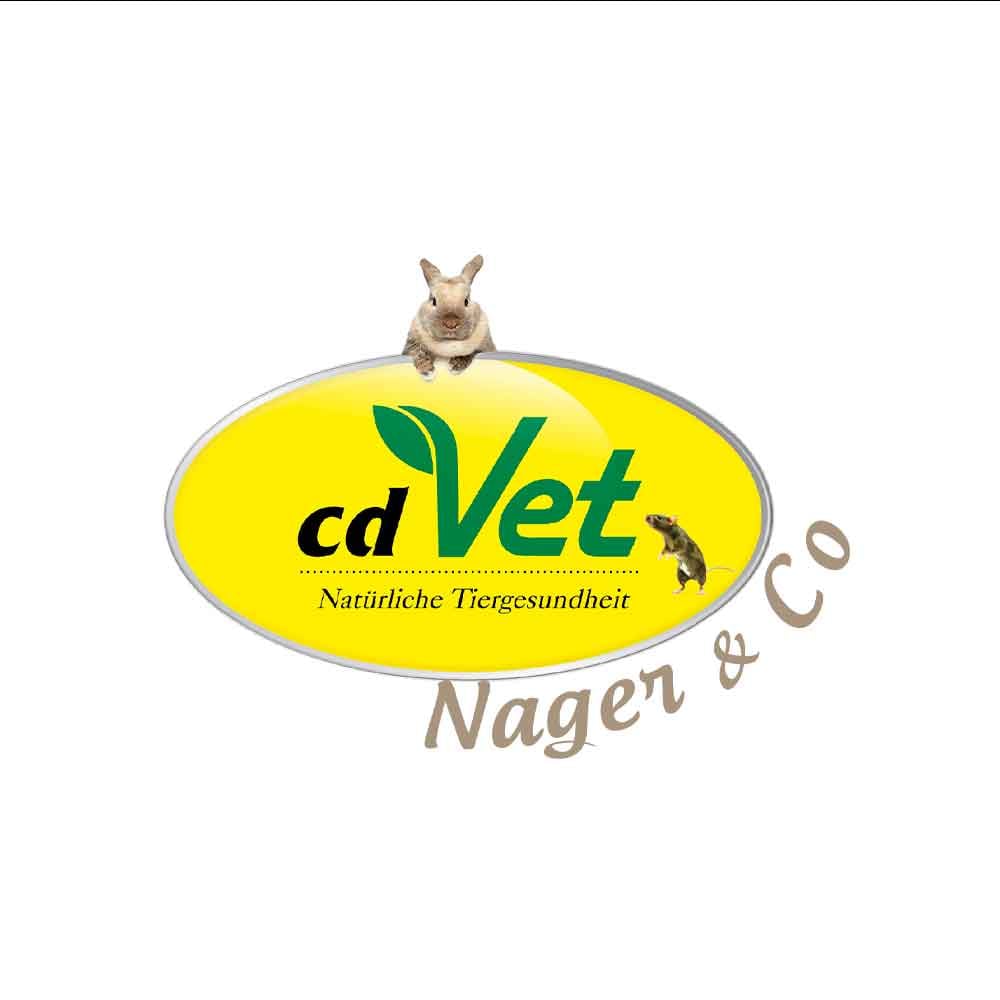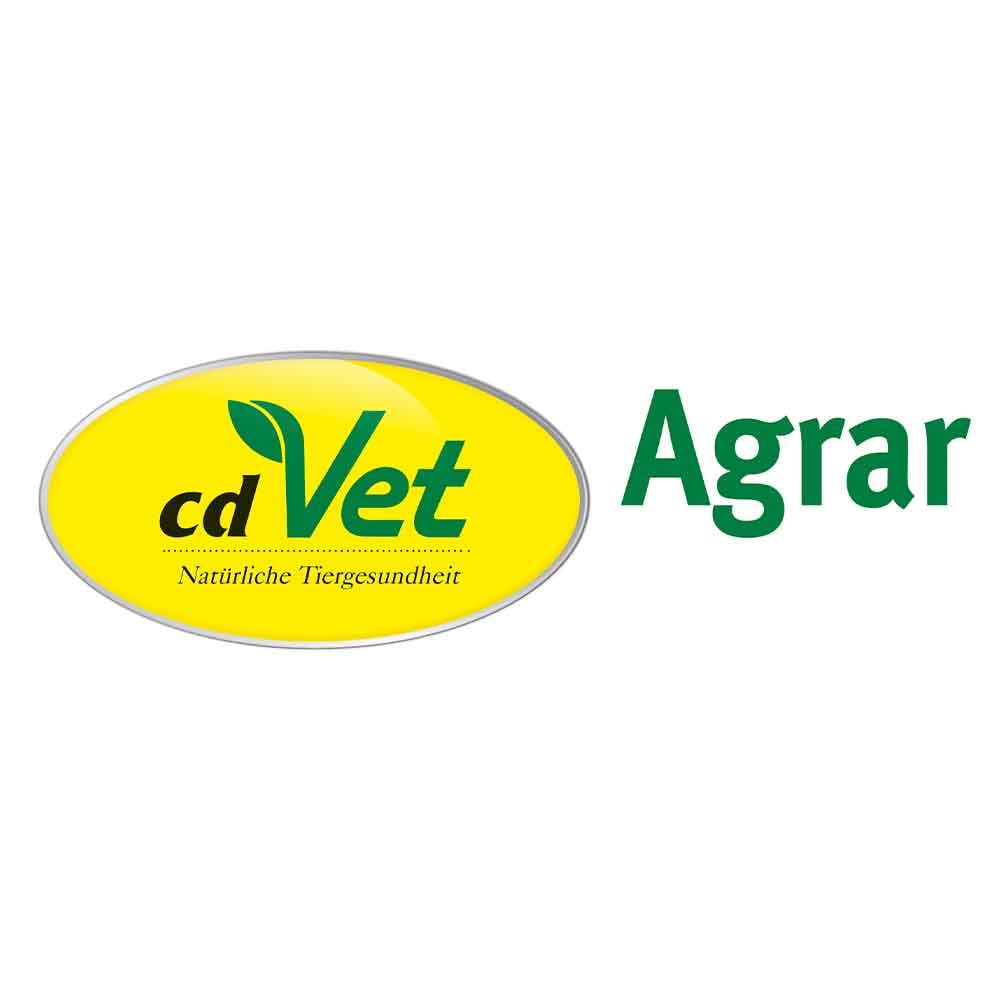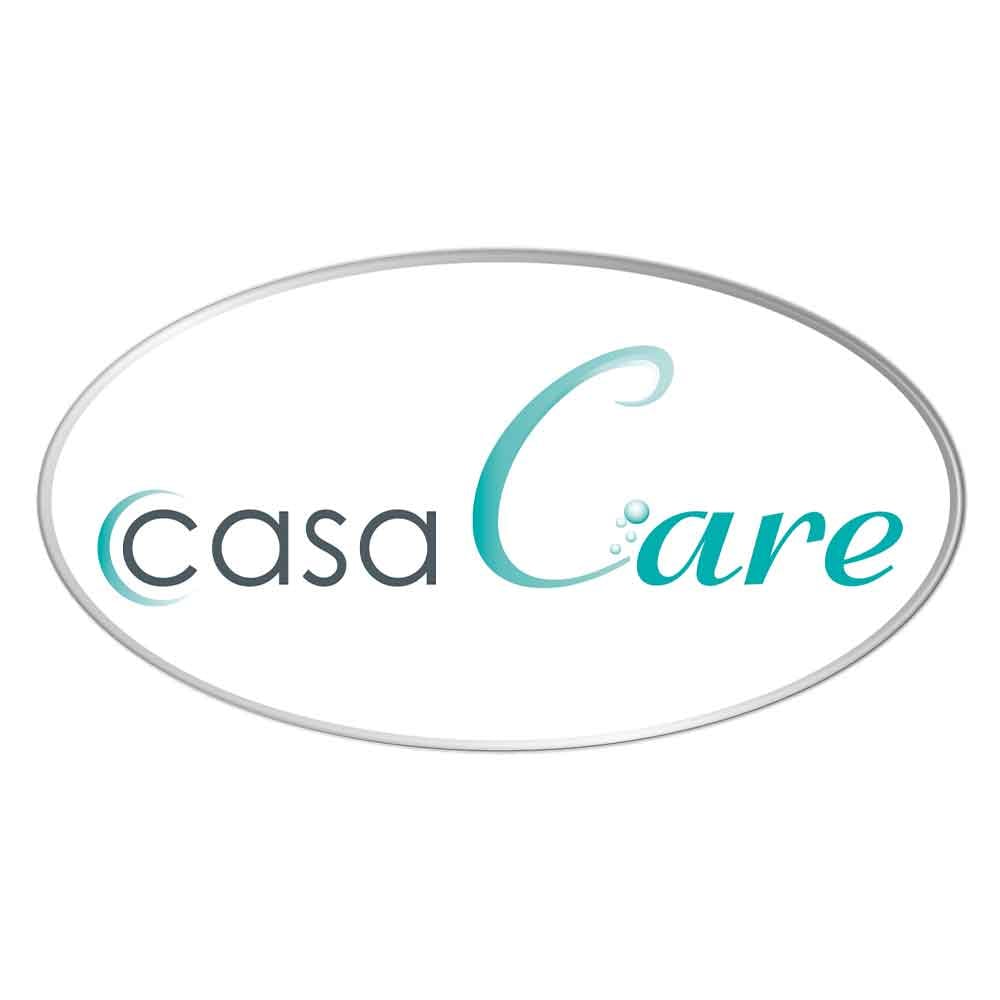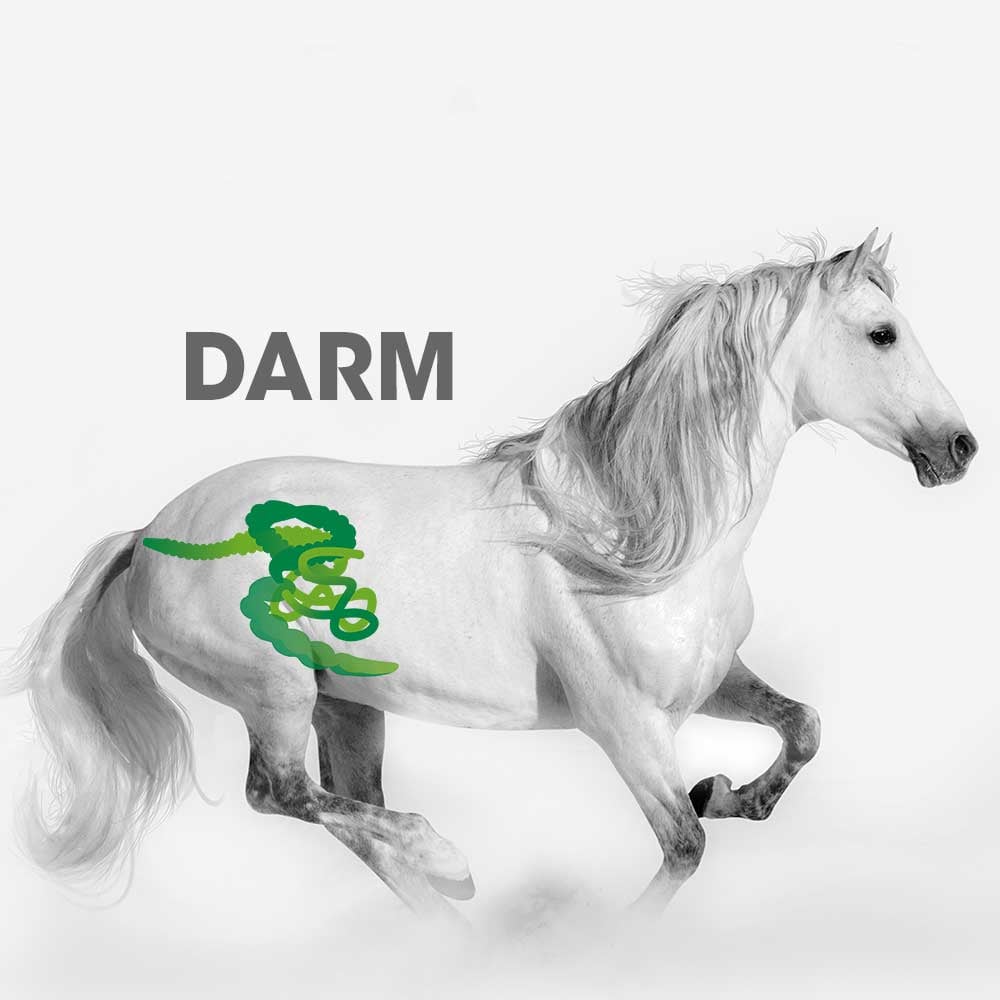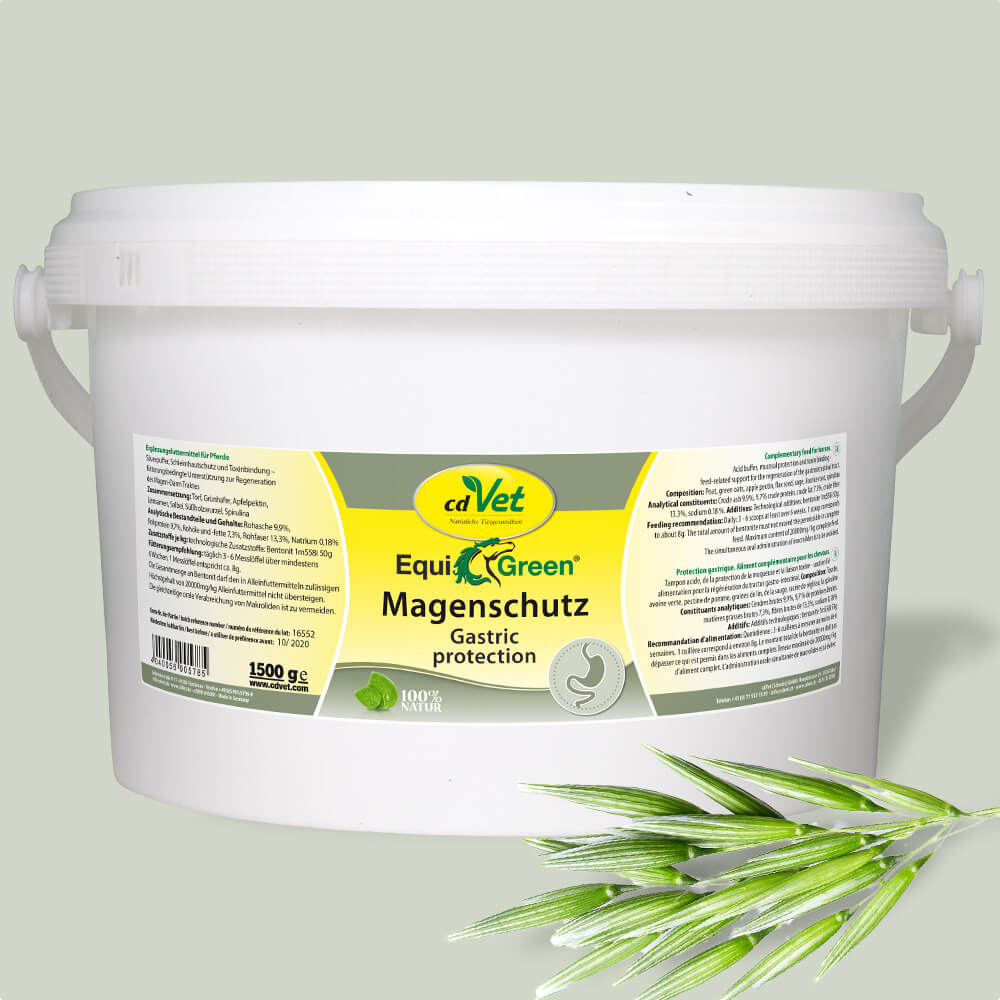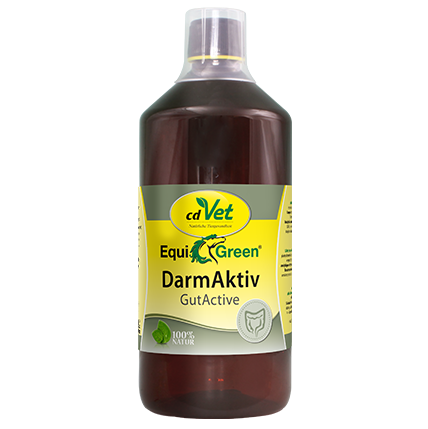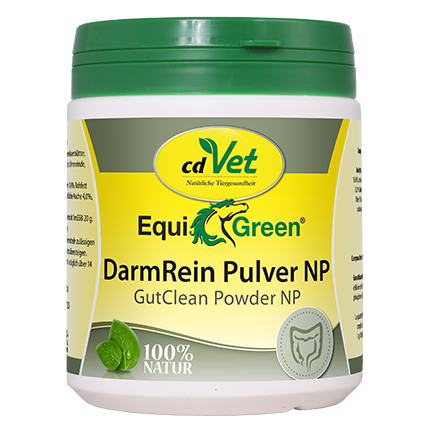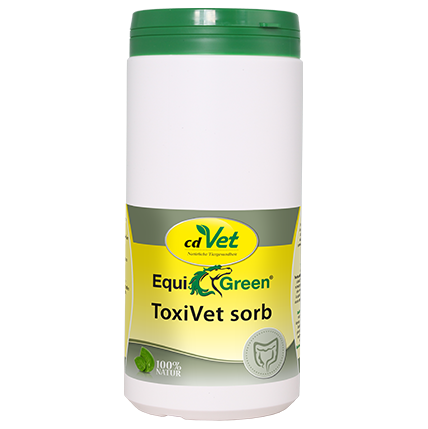Horse digestion
The horse is naturally equipped with a special digestive system. This is designed to make do with the meager supply of food in steppe regions. The horse gets by on little food and consumes it for a large part of the day with a lot of exercise because it walks over many kilometers from tuft of grass to tuft of grass.
Therefore, appropriate feeding and, above all, husbandry is the basis for a healthy horse.
Digestion begins in the mouth. The horse's body is adapted to roughage. This is chewed intensively and salivated to create a slippery paste that can then be further digested in the stomach. When fed concentrated feed, horses are more likely to gobble. It is therefore advisable to give the roughage about half an hour before feeding with muesli, grains, etc.
Roughage and concentrated feed have different retention times in the stomach, with the grain remaining in the stomach for longer, especially if the horse has consumed larger quantities. If the demand is high, it is therefore advisable to distribute the concentrated feed rations over several feedings per day.
€209.95*
Available, delivery time: 1-3 days
Small intestine
The quickly digestible concentrated feed components are digested in the small intestine. The fibers from the roughage are passed on to the large intestine, where they are broken down. This happens through the body's own microorganisms, which rely on the crude fiber content of the feed.
Otherwise problems can arise here too. If large amounts of concentrated feed are consumed, parts that would normally have to be digested in the small intestine end up in the large intestine. This causes the microorganisms to become confused and the balance is disturbed.
A disturbed intestinal environment, whether due to too much starch or protein, leads to a variety of problems, such as flatulence and cramps, which can lead to colic. The mucous membrane can also become irritated. It is even possible for toxins or urea to develop, which can even lead to laminitis.
Intestinal problems?
The quickly digestible concentrated feed components are digested in the small intestine. The fibers from the roughage are passed on to the large intestine, where they are broken down. This happens through the body's own microorganisms, which rely on the crude fiber content of the feed. Otherwise problems can arise here too.
If large amounts of concentrated feed are consumed, parts that would normally have to be digested in the small intestine end up in the large intestine. This causes the microorganisms to become confused and the balance is disturbed. A disturbed intestinal environment, whether due to too much starch or protein, leads to a variety of problems, such as flatulence and cramps, which can lead to colic. The mucous membrane can also become irritated. It is even possible for toxins or urea to develop, which can even lead to laminitis.
